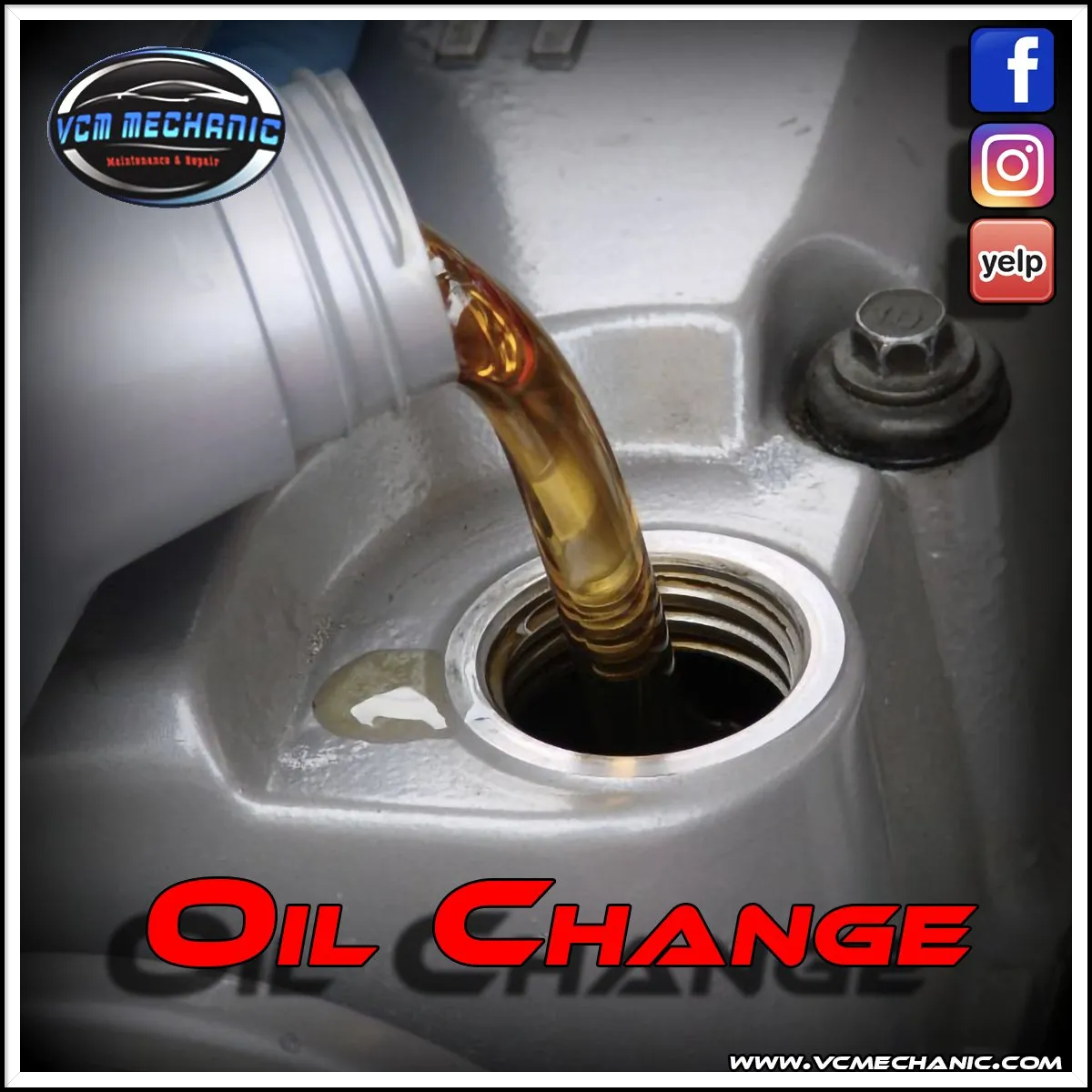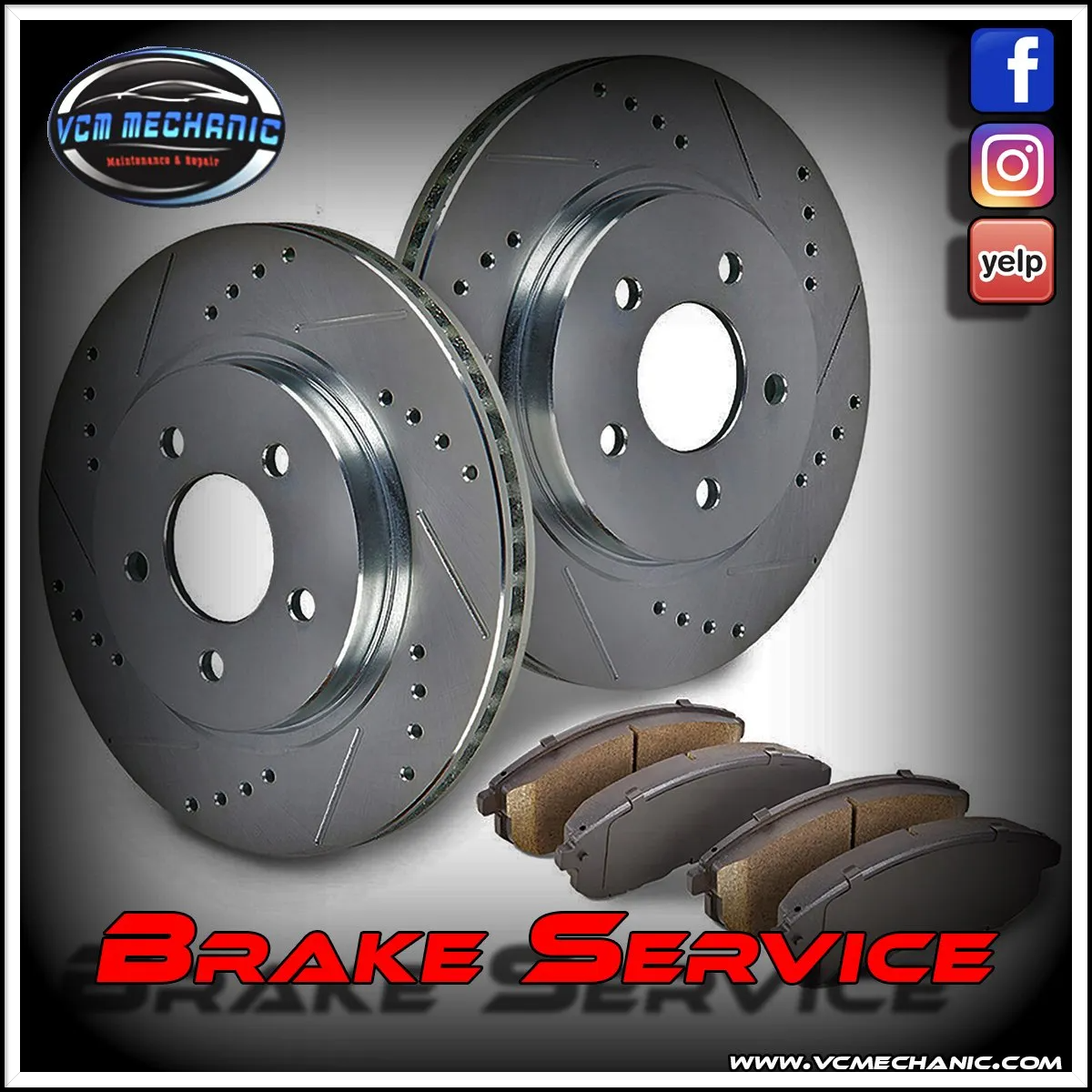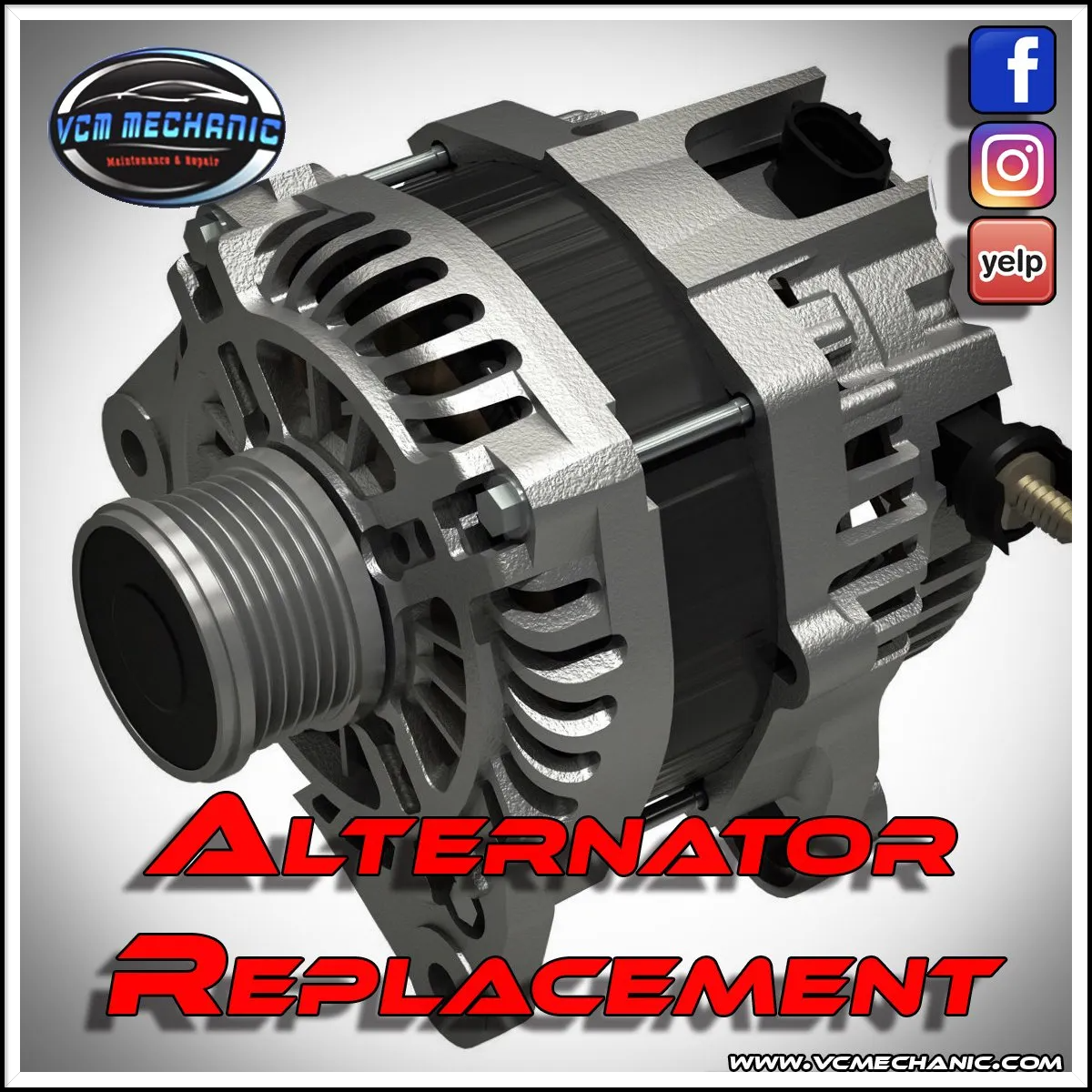Regular oil changes can help optimize the performance and fuel economy of your car, truck, or SUV. Many older-model vehicles, including those manufactured without or before the creation of the Oil Life Monitoring System, require oil changes at 3,000-mile intervals. However, thanks to advances in engine technologies, newer models may have a longer range between oil changes between 5,000 to 7,000 miles. Always refer to your vehicle Owner’s Manual for oil-change intervals for your specific vehicle.
SERVICES


Sometimes it may be difficult to discover problems with your car. Other times, as with the case of squeaky brakes, your vehicle is literally calling out to you for help. It goes without saying that the integrity of your car’s brakes is crucial to on-road safety. That said, problems with your vehicle’s brakes definitely shouldn’t be ignored. So, if you’re noticing a squeaking sound coming from your vehicle’s brakes, here are a few reasons they may be doing so.
*Worn Brake Pads.
*Rusty Brake Rotors.
*Inproper brake pads for your vehicle.

Some of the things to look for are no-starting and trouble starting, dimming lights and problems with stereo system output. If your car starts but stalls when you’re underway, your battery is probably not being recharged due to a faulty alternator. A squealing sound coming from the engine that gets louder when drains like the heater or sound system are on may be your alternator bearings.
Another telltale is turning the AM radio to a low number on the dial without music, then revving the engine. If you hear a whine or the sound goes fuzzy when you hit the gas, your alternator is probably failing.
If the vehicle won’t crank or start but the headlights are still working, look to problems with the starter or other parts of the engine.
If you have a check-engine or battery indicator light illuminated on your vehicle, it could indicate a problem with an automobile charging system, or if your vehicle gets a jump-start and immediately stops running, it could be an indication that the alternator is malfunctioning. It’s important to bring this into a professional for a proper diagnosis.

You’re driving along in your car or truck and suddenly a yellow light illuminates on your dash telling you to check or service your engine. If you’re like most car owners, you have little idea about what that light is trying to tell you or how you should react.
Call it the most misunderstood indicator on your dashboard: The check engine light can mean many different things, from a loose gas cap to a seriously misfiring engine.
BRAKE SERVICE
ALTERNATOR REPLACEMENT
.
SUSPENSION REPAIR
.
TUNE - UP
.
CHARGING SYSTEM
.
STARTER PROBLEMS
.

